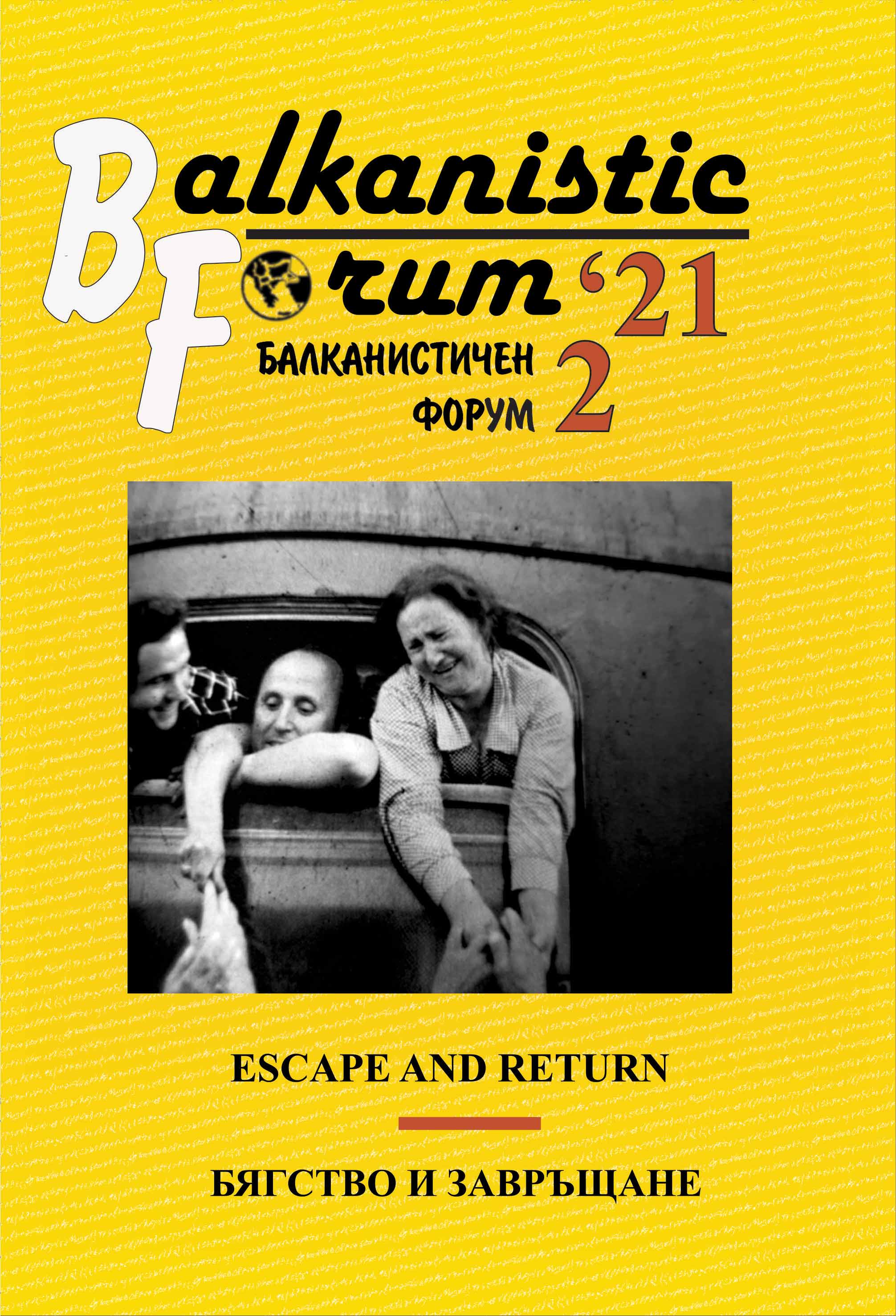Бежанците и съвременното българско кино – проблеми и модели на представянето
The Refugees and Contemporary Bulgarian Cinema – Representational Problems and Models
Author(s): Andronika MartonovaSubject(s): History, Fine Arts / Performing Arts, Ethnohistory, Film / Cinema / Cinematography, History of Art
Published by: ЮГОЗАПАДЕН УНИВЕРСИТЕТ »НЕОФИТ РИЛСКИ«
Keywords: Bulgarian cinema; migrant/refugee crisis; xenophobia; social criticism; narrative models
Summary/Abstract: The onset of the migrant crisis has caused the appearance of new works in the European cinema but Bulgaria has been lagging behind with the articulation of the ‘refugee’ theme. The figure of the foreigner does exist on our contemporary movie screen but the emphasis usually falls on the rethinking of the traumatic totalitarian past. There are, however, directors who are developing the socially engaged cinema and searching for different approaches to the study of the Other/the Alien. Unavoidably, these cinematic works tie in xenophobia, the hardened monocultural mentality, the widespread national disillusionment with the perpetual transition and the feeding of marginalization within the EU. The first short documentaries appeared in 2006 thanks to the initiative of The Red House Centre for Culture and Debate which no longer exists in Sofia. The so-called Invisible Minorities package comprises five titles. The authors of these films do not belong to the professional cinema community but they have managed to provoke a discussion. Recently several mature and young directors summoned the courage to discuss the image of the refugee, sending various messages to the audience (local and international). With the aid of the film studies toolbox – but within the contexts of the socio-cultural environment I have analyzed the documentaries Long Live Bulgaria (2017, by Adela Peeva) and The Good Postman (2016, by Tonislav Hristov); the shorts - Trials (2017, by Boya Harizanova) and Dobry (2017, by Orlin Milchev); and the feature film Fear (2020, by Ivaylo Hristov).
Journal: Балканистичен Форум
- Issue Year: 30/2021
- Issue No: 2
- Page Range: 138-149
- Page Count: 12
- Language: Bulgarian
- Content File-PDF

